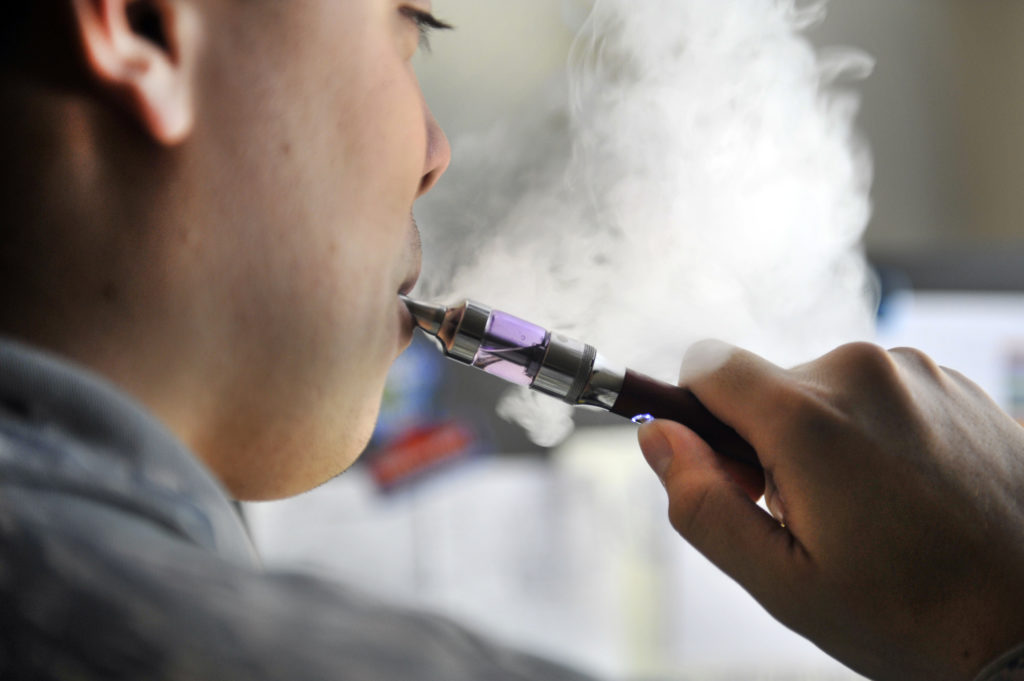On April 30, Mills College health services sent an email to students with a draft for a smoke and tobacco-free policy that would result in the prohibition of smoking on-campus. The department offered students a chance to offer comments and questions within 10 days of receiving the proposal.
Slated to become effective on Aug. 1 of this year, the policy states that the College is “committed to protecting the health of the Mills community” and therefore will be moving forward to ban the use of tobacco products, smoking and the use of any electronic smoking devices on campus property.

The policy includes, but is not limited to, cigarettes, cigars, pipes, water pipes, e-cigarettes, electronic hookahs, chewing tobacco and other tobacco products. There is a small exception for tobacco to be used for traditional and ceremonial purposes as well as for “research in a controlled laboratory setting.”
While the policy seems to address the use of tobacco on-campus, there are many other students that don’t smoke tobacco who can be negatively affected.
Caitlyn Cournale, a transfer student at Mills, is a curator of herbal blends and an advocate of using herbs to smoke instead of — or with — tobacco or cannabis. The use of herbal blends can serve several purposes such as to destress or to help soothe an addiction.
“Smoke and tobacco are not one in the same,” Cournale said. “I don’t like the idea of a space that fosters addiction and cigarette butts, [and] as much as the tobacco industry and smoking tobacco is really harmful in a lot of ways, I don’t think that it should be up to the school to police that.”
Furthermore, Cournale said that she doesn’t feel that smoking at Mills is so widely participated in and detrimental to the point where it needs to be banned. She believes that ending tobacco use is up to the individual.
Mills, in addition to the proposed policy, has engaged in other initiatives to encourage the end of tobacco use on-campus. For instance, the college has supported the national anti-tobacco campaign, Truth, by holding a booth at Admitted Student’s Weekend last month. While there is a valid concern for the health of others due to the secondhand smoke, students on-campus believe there are other ways to combat this issue.
For example, as well as designated smoking areas Cournale suggests there could be an emphasis on smoke-free areas, especially areas that are close to central campus and indoor spaces, such as the lawn or the teashop. There are many areas on-campus where students could smoke without bothering non-smokers due to the campus size compared to the student body.
Another suggestion is to encourage students to always throw away their flammable trash, such as cigarette butts or other used smoking materials to be conscious of the way it can impact the environment.
If Mills were to enact this policy, it would not put an end to the nicotine addictions that students may have and would not allow them to try other options like e-cigarettes, which release vapor and not tobacco smoke.
